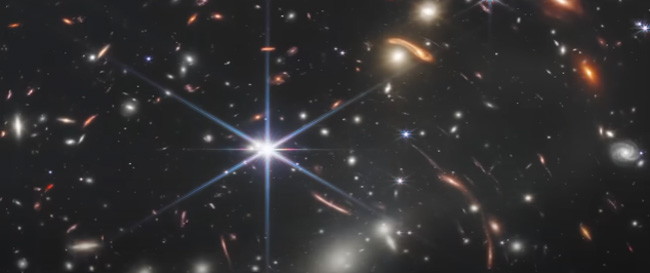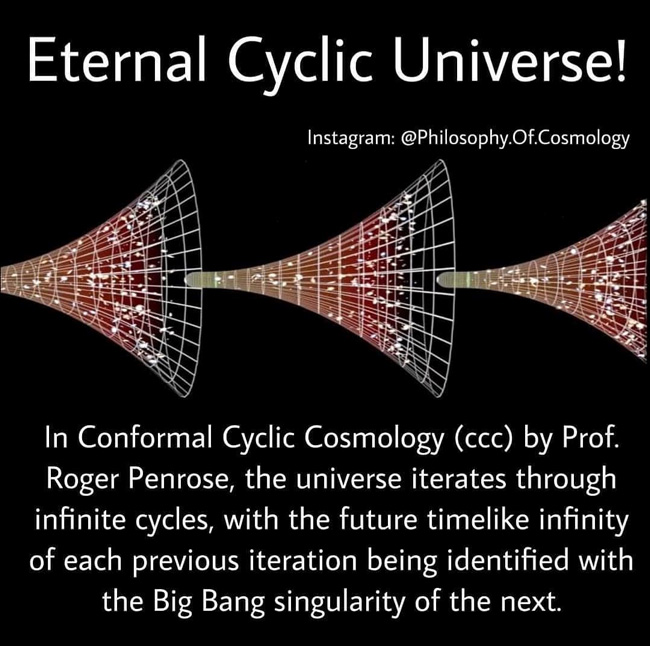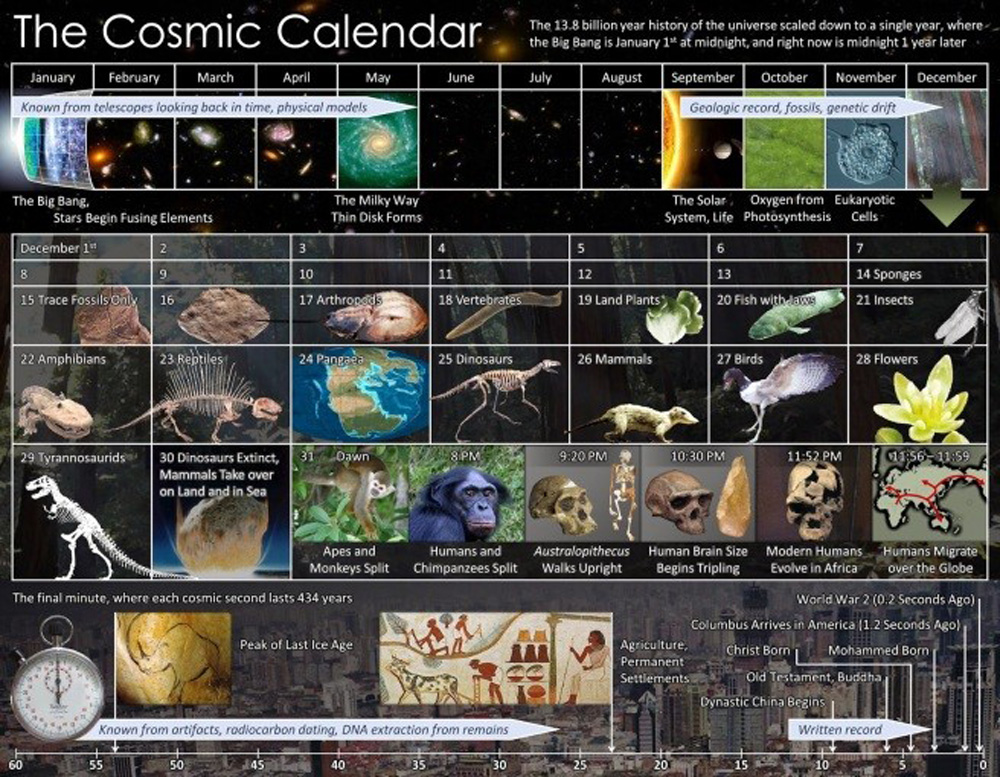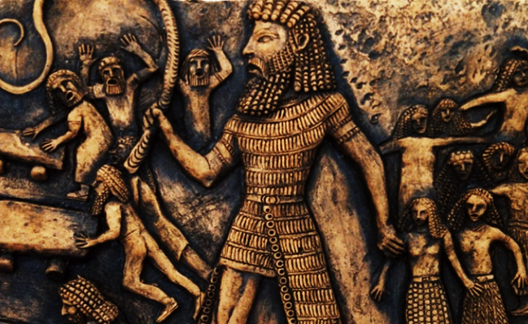Created by the James Webb Space Telescope
This is another essay about astrophysics from someone who has never taken a physics class. Nonetheless, I’m fascinated by discovering the universe. I understand the Big Bang was 13.78 billion years ago. I grasp that reality. The Hubble Space Telescope began its long journey into deep space three decades ago. Hubble provided the basis for understanding the evolution of the universe.
Hubble was a present-day version of Darwin’s On the Origin of Species, explaining the evolution of biological life over time. Humans evolved from various ancestors, like the great apes. So, it was in the universe. Over billions of years, galaxies evolved and became what we call the Milky Way, Andromeda, or the Bear Paw. Scientists aren’t sure about the number of galaxies out there, but the number ranges from 100 billion to 2 trillion galaxies. This is the Big Bang. First was the explosion. Then, there was an extended period called the Dark Ages. Finally, the galaxies evolved.

I can grasp how the universe evolved even though I have no background in astrophysics or cosmology. Two years ago, on December 25, 2023, the James Webb Space Telescope began its journey into the universe. Then, it happened. James Webb discovered much more happening during the Dark Ages than we thought. Scientists believed galaxies took time to evolve, but James Webb found fully developed ones.
Look at this photo.

The smudges are giant galaxies that go back to near the beginning of the universe during the Dark Ages. These findings have created a major problem for cosmologists and astrophysicists. As with all things, no pain, no gain. The pain has caused scientists to rethink what we know about the universe. The galaxies discovered are also forcing me to read about new theories.
As we face our new Weltanschauung about our universe, I stumbled over an additional problem. Roger Penrose believes the universe can recreate itself ad infinitum. Initially, Penrose bought into Stephen Hawking’s concept that before the Big Bang, there was nothing. However, he changed his mind. It is another example of the no pain, no gain. This is Penrose discussing his changing his mind.
This picture is what Penrose believes happens over vast stretches of time.

Again, I am facing a dilemma. Is there only one universe? It still doesn’t explain what was there before our universe. Merely adding multiple numbers to our universe doesn’t explain what preceded the first of the many universes.
Enter my hill of beans paradox. In the grand scheme of things, whether Homo sapiens grasp the number of galaxies in the universe and multiverse, does it matter? We have been around this pale blue dot, according to the Cosmic Calendar, since 11:52 pm of the last hour of the calendar. Humans migrated out of Africa between 11:56 and 11:59 pm. That out-migration occurred 200,000 years ago.

My hill of beans paradox is that what Homo sapiens think or do is essentially irrelevant. We live in the Milky Way, but there are between 100 billion to 2 trillion galaxies in the universe. At one level, we are totally unimportant and of no consequence.
While all that is true, the other side of the paradox is that the hill of beans we create during our yellow brick roads of life is essential to those we help. Make a list of the people you deem to be important. Tragically, some people see themselves as the reason for being. Their lives mean nothing when they reach the end of their brick roads and croak.
However, the more inclusive one is and reaches out to others, the more it makes a world of difference to those who have been helped.
One additional item. Homo sapiens is Latin for wise man. If you wish to be someone wise, thinking primarily about yourself is a non-starter. Years ago, I came up with a mantra. It is in giving that we get. The more you give, whether time, talent, or assistance, the more you will receive.
This is an excellent video of the multiverse hypothesis.
This is another helpful explanation of cosmology.















